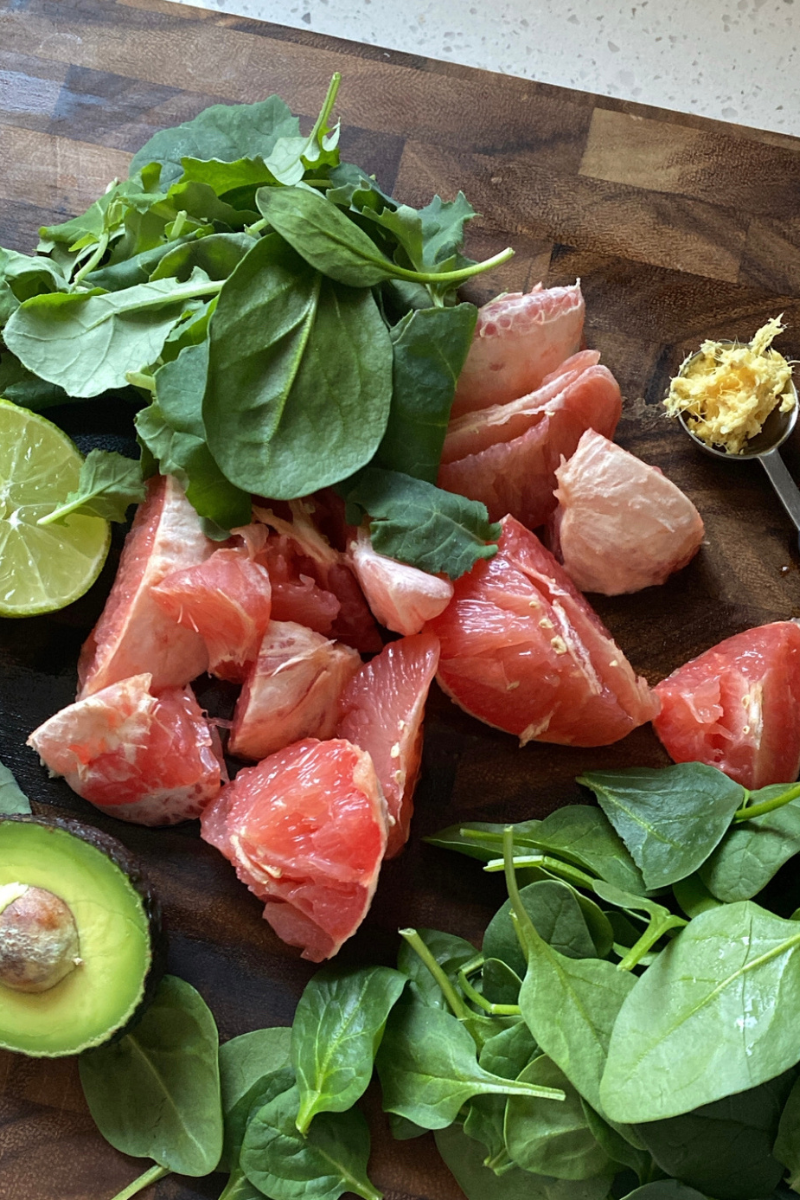What to Know About Digestive Rest for Metabolism & Gut Health
Take a moment to reflect on how amazing you feel whenever you give your body some time to rest and recharge with a good night’s sleep, a relaxing weekend at home, or a weeklong getaway. Maybe you can think better, your body feels stronger, or your mindset improves. Or perhaps for the first time in what seems like forever, you feel physically, mentally, and emotionally well.
Resting our minds and bodies is absolutely vital for good health, but digestive rest is just as important! When we give our digestion a much-needed break, our gut health improves and our metabolism becomes more flexible. After all, how can the digestive system do its job when it’s working around the clock? It needs plenty of rest in order to function optimally, just like everything else.
The Importance of Digestive Rest for Gut Health & Metabolism
Digestive rest, as it sounds, means giving your digestive system a chance to rest between meals so that your body can clean itself up before you ingest anything new. This cleanup system in your gut (known as the migrating motor complex or MMC) can only do its job when you’re not eating; it only activates when your digestive system is in rest mode!
It’s helpful to think of the migrating motor complex as a street sweeper for your digestive tract. When you’re not eating and your digestive system is at rest, this cleanup crew for your gut comes in to sweep up undigested food, bacteria, and other debris, moving everything from the stomach to the small and large intestines. And remember, the small intestine is where your body breaks down food and absorbs nutrients into your bloodstream!
Once these nutrients are absorbed into your bloodstream, they’re metabolized by your body and stored or used for energy — the energy you need to exercise, move your body throughout the day, digest food, breathe fresh air, and perform other essential body functions. Eating a balanced diet, getting plenty of daily movement, lifting heavy things, and allowing your digestive system to rest between meals can all help to support your metabolism and gut health!
How Snacking Interferes with the Migrating Motor Complex
If you tend to graze all day without pause, eat right before bed, or wake up during the night to grab a snack, there’s little time for your body to clean up shop and move food through the GI tract. And when the MMC can’t do its job of pushing food and other debris along, excess bacteria may grow and gut conditions like small intestinal bacterial overgrowth (SIBO) may develop. Symptoms of SIBO range from diarrhea and gas to abdominal pain and bloating.
Furthermore, a disrupted migrating motor complex has been linked to gut conditions such as intestinal pseudo-obstruction and gastroparesis. Each of these conditions can cause symptoms like abdominal pain, bloating, nausea, and malnutrition.
To summarize, your intestinal housekeeper known as the migrating motor complex won’t activate as frequently as it could if you’re not taking breaks between meals. Snacking throughout the day and drinking calorie-containing beverages between meals prevents the undigested food and debris in your gut from moving along as they should.
How Long Does the Digestive System Need to Rest?
To support your MMC function, metabolism, and overall gut health, the good news is that you don’t necessarily need to go without food for an extended period of time. The duration of each MMC cycle varies by person, though it tends to range between 113 and 230 minutes. But since some cycles can last anywhere from 4-5 hours, a good rule of thumb is to eat well-balanced meals that keep you fuller for longer so you’ll be less likely to snack throughout the day.
Of course, fasting for longer periods of time (like intermittent and autophagy fasting) can also benefit your metabolic and gut health in many ways. Both types of fasting improve metabolic flexibility, increase longevity, boost cognition, and give your body a chance to truly rest and digest! You can read more about the health benefits of fasting in this blog post.
Ready to Become a Master of Your Metabolism?
Every woman’s pathway to metabolic mastery looks a bit different, especially as we enter our 40s and beyond. The dietary habits and eating behaviors that once worked well for us may not be delivering the same results today, and that’s totally normal! Our bodies and lives change as we age, and how we eat, exercise, sleep, and manage stress may need to change as well.
This is where my Metabolic Mastery program can help, especially of you’re a woman over 40.
Learn how to become a master of your metabolism so you can build metabolic flexibility while aging with grace, confidence, health, and happiness. Your unique body deserves a unique approach to physical, mental, and emotional wellness, and this program will empower you to find YOUR personal pathway to metabolic mastery.
Ready to become a master of your metabolism and gut health? Learn more about Metabolic Mastery and join my free Food Confidence Community to take advantage of Facebook Live events every Friday in February.
My next Metabolic Mastery session starts March 7th. Sign up today to become a master of your metabolic health!
